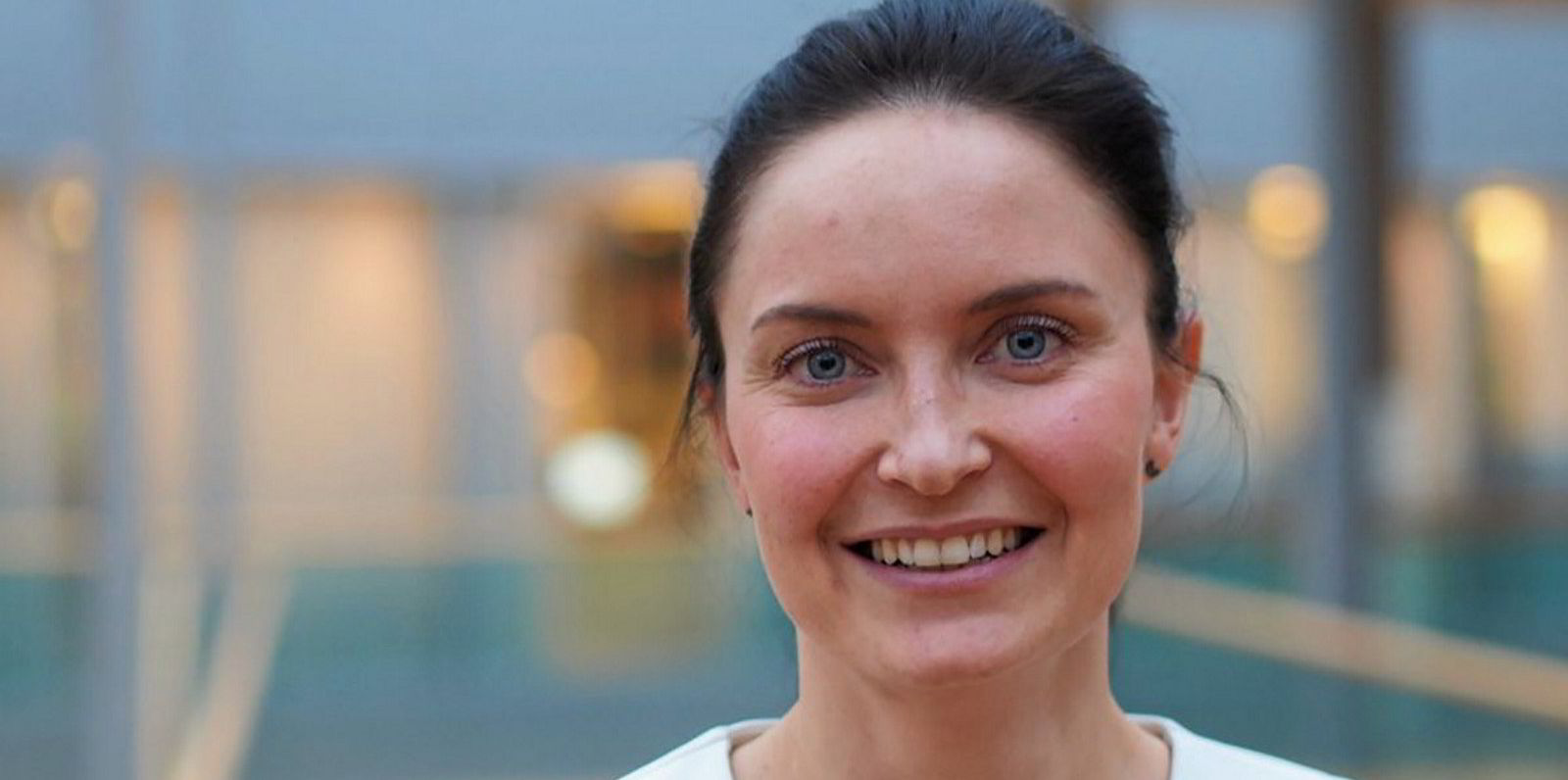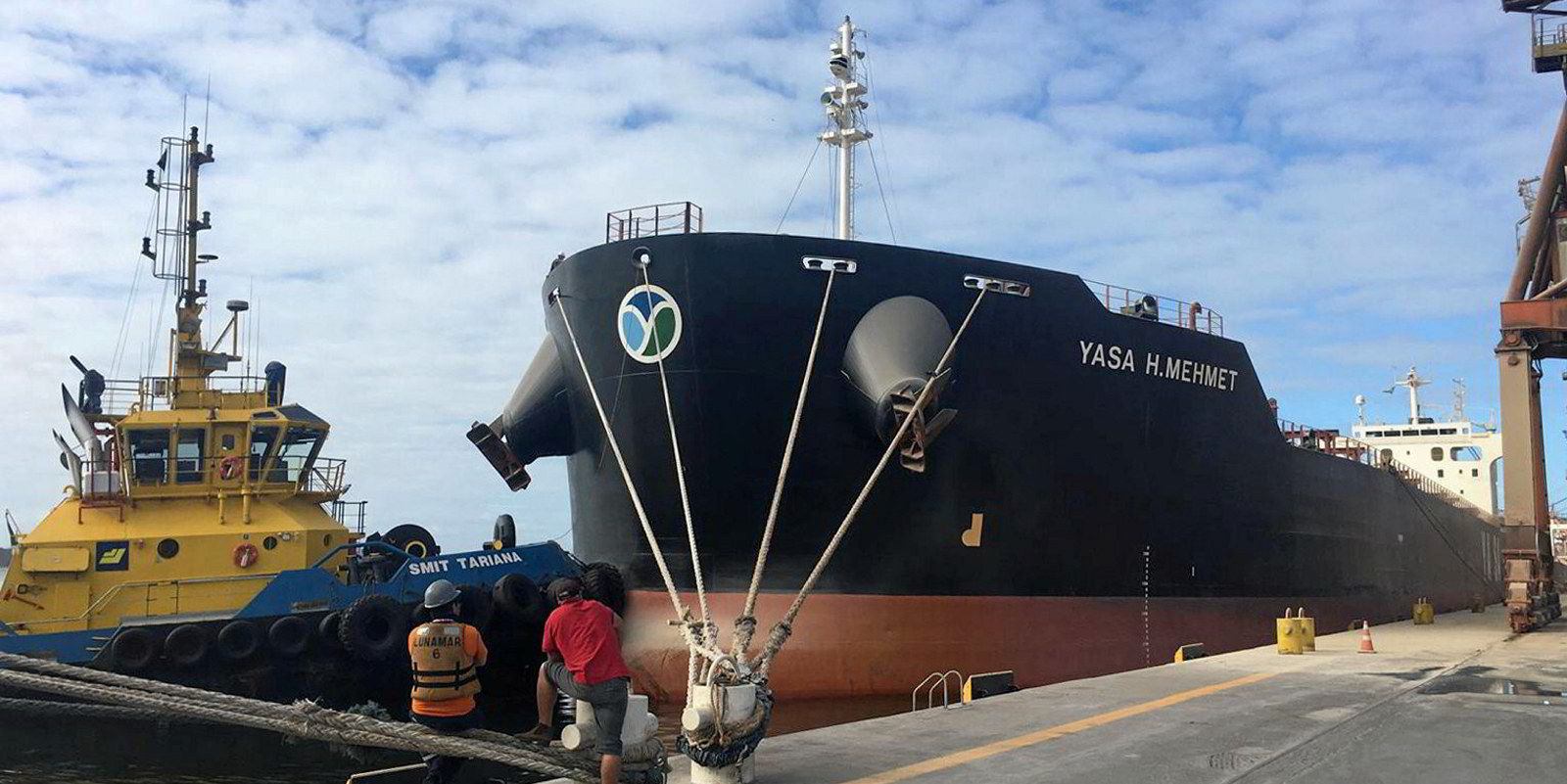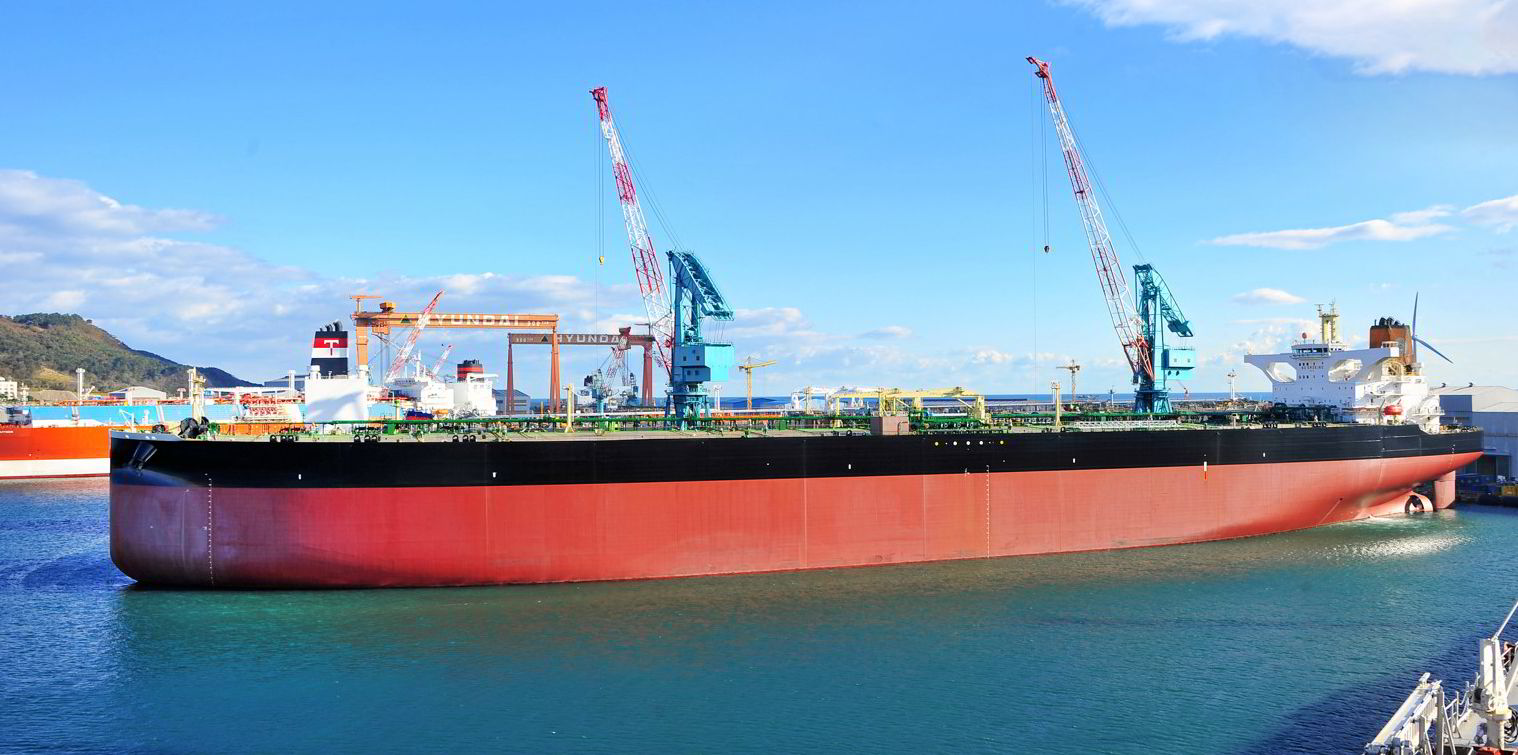Norway's Klaveness Combination Carriers (KCC) has revealed its flexible wet and dry Cleanbu vessels have outstripped conventional tanker earnings by 140% in the third quarter.
The Oslo-listed shipowner's Cleanbu combination carrier fleet outperformed LR1 tanker spot earnings by 2.4 times, ending at an average of $24,182 per day, up from $22,802 in 2019.
The vessels have expanded their trading pattern with two new routes, KCC said.
"Considering the weaker tanker market, two vessels in dry dock and negative Covid-19 effects, we are satisfied with the results of the quarter," added chief executive Engebret Dahm.
The company said overall time-charter equivalent rates were $20,300 per day across the whole fleet, $2,200 higher than a year ago, mainly due to the caustic soda-focussed Cabu carrier fleet.
More ships to come
KCC has a fleet of 14 combination carriers on the water and three newbuildings under construction. There are two fixed-price options with expiry in January 2021.
"The high efficiency of our combination carriers, minimising ballast between the wet and dry bulk cargoes, creates a win-win-win solution for our customers, the environment and our company," added Dahm.
The ships reduce CO2 emissions by between 30% and 40% compared to standard tankers and bulkers in the same trading patterns, the company said.
Adjusted Ebitda rose to $9.2m in the third quarter, from $7.7m last year.
Net profit dropped to $1.31m against $1.54m in 2019, when the company benefited from foreign exchange gains.
Revenue grew to $36.2m from $34.5m.
KCC is a signatory to the Sea Cargo Charter together with 14 of the world's largest charterers, committing to a standardised reporting of CO2 emissions.
"We believe there are exciting business opportunities in being at the forefront of developing low carbon transportation solutions to our customers," Dahm added.
Cover in place
Looking ahead, KCC said earnings prospects are positive for the fourth quarter, supported by high tanker market coverage including contracts of affreightment and time charters, some of which were secured during the strong markets seen during April and May.
"In addition, a relatively strong, albeit volatile, dry bulk market underpins KCC's earnings for Q4," the company added.
KCC has 85% of its tanker market exposure covered in the fourth quarter, and 50% for the first half of 2021.
With historically low tanker and dry bulk orderbooks, there should be "considerable upside potential" in both markets once the world economy gets up to speed following the use of Covid-19 vaccines, the company said.






